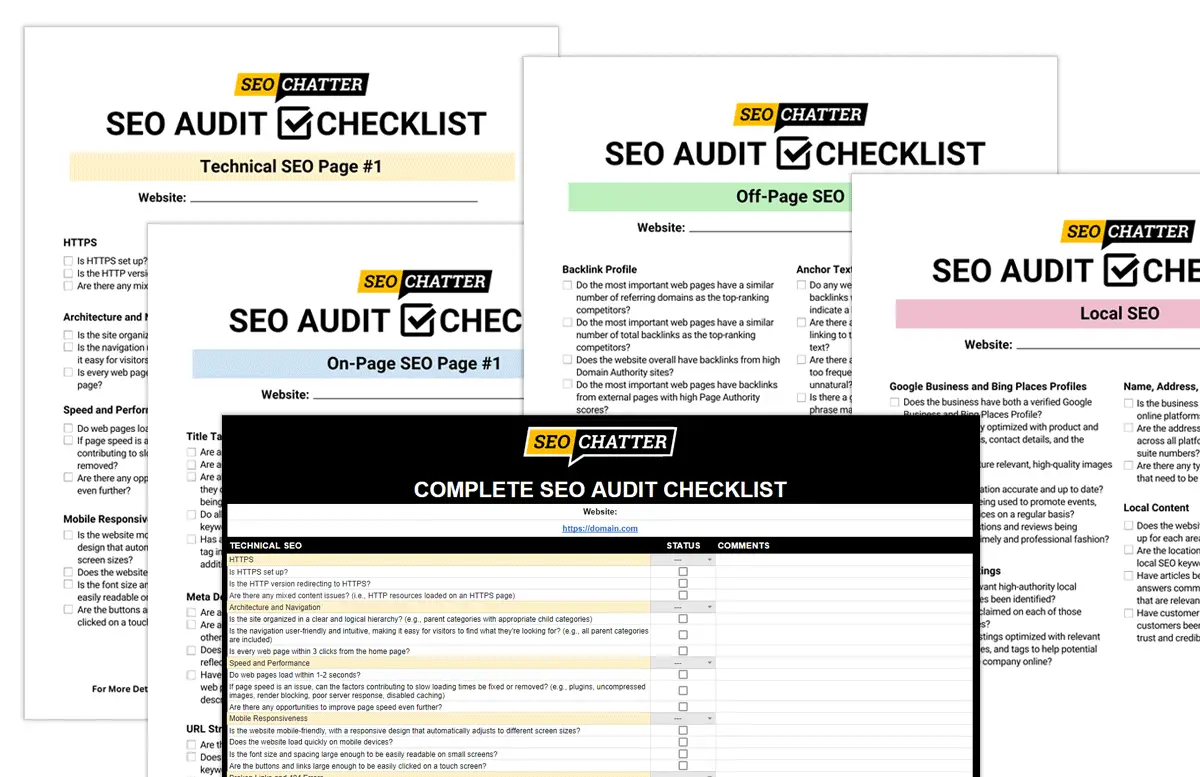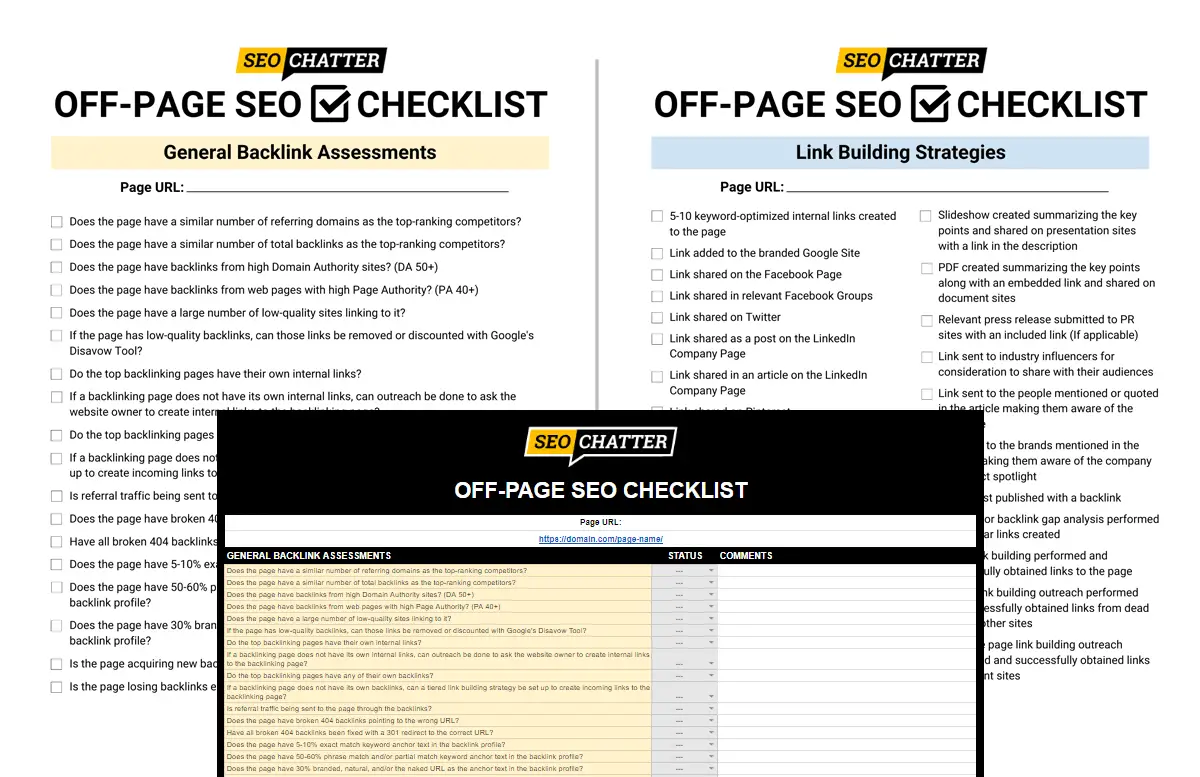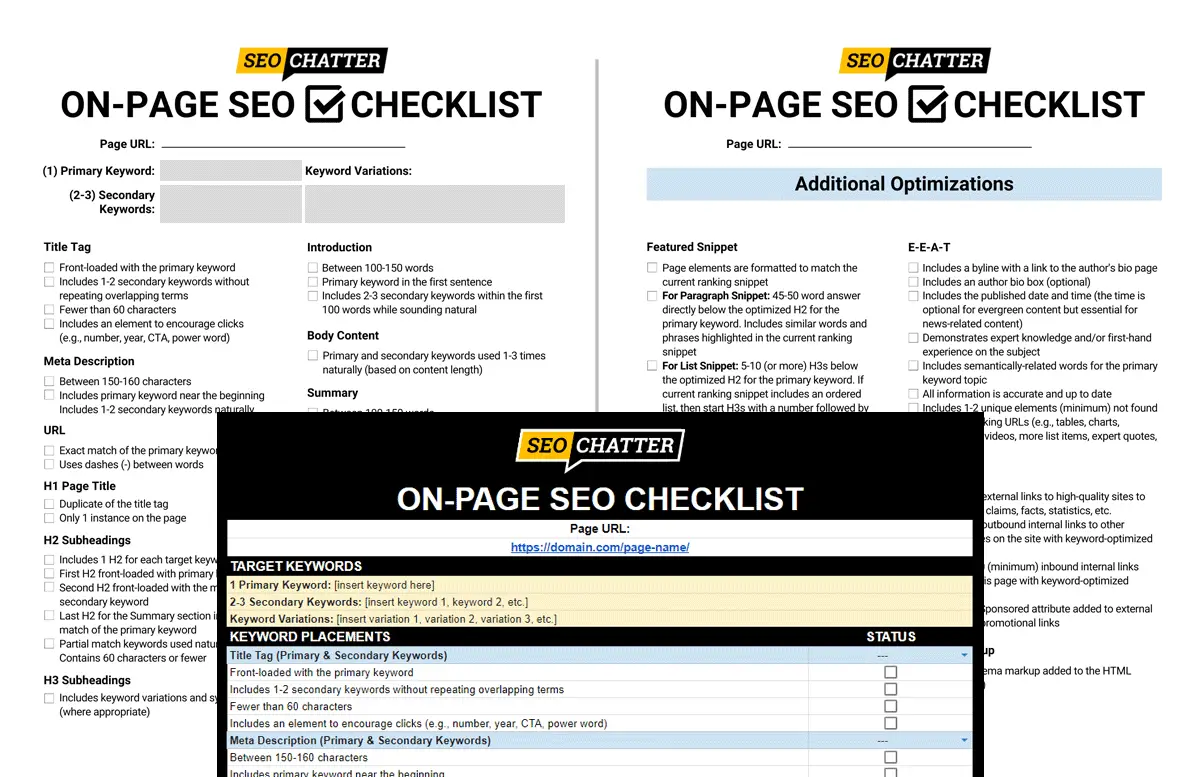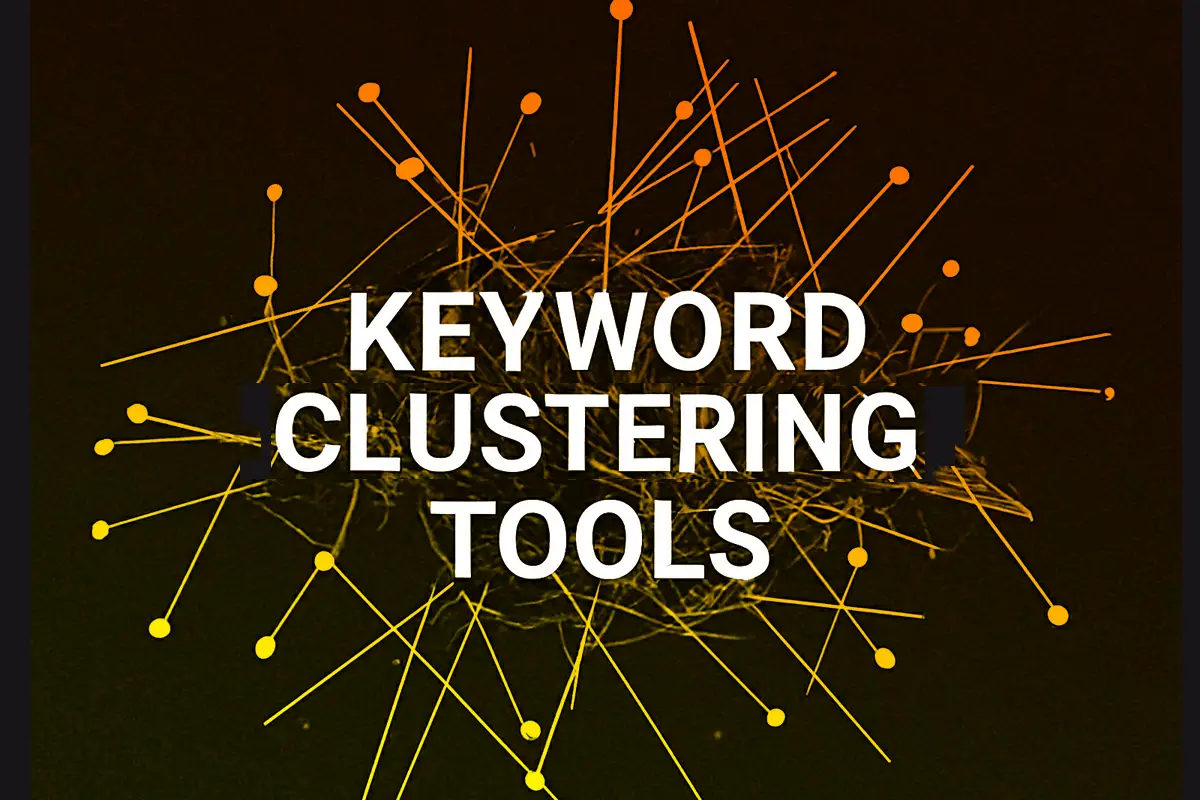
Breaking SEO news, updates, trends, and the latest information on Google and other search engines. Updated hourly to give you the latest news in search engine marketing.
Latest SEO News
- Wix Proposals Tool Helps Businesses Win More Clients
- Google Ads Posts First New Feature Announcement In Two Months - PMax Updates
- Googling "Flag GIF" Leads To Nazi Flags In Google Search
- Bing Webmaster Tools Notifications & Insights Bug Fixed
- Google SGE AI Overviews Has A New Title - AI Answer
- Most SEOs Did Not Send Feedback To Google On The March 2024 Core Update
- 10 Most Important Meta Tags You Need To Know For SEO
- How Brands Can Have Successful Agency Relationships [Part 1]
- What To Know About Medium-Level WordPress Vulnerabilities
- Daily Search Forum Recap: April 30, 2024
- OpenAI To Show Content & Links In Response To Queries
- Google Unveils 4 Updates At IAB NewFronts 2024 (YouTube Fails To Share Any News)
- Google Ads To Automatically Pause Low-Activity Keywords
- Maximizing ROI: Expert Insights for Google Shopping Ads Success
- 2024’s Top PPC Tactics: Triple Your Google Ads Local Leads
Trending SEO Articles
Read popular articles on search engine optimization that are trending on SEO Chatter.
- 25 Highest Paying YouTube Niches: High CPM & Most Profitable
- Complete SEO Audit Checklist PDF & Excel Template for Websites
- How to Add Keywords to Website HTML for SEO: Step-By-Step
- How to Check Keyword Ranking In Google (Complete Guide)
- How to See Keywords In Google Analytics: Track & Check Rankings
- Off-Page SEO Checklist With PDF: 25 Optimization Tactics
- On-Page SEO Checklist PDF & Excel Template for Higher Rankings
- Top 50 Free Article Submission Sites List: High DA & Safe Backlinks
Recent Posts
Check out the latest SEO content from the blog.
- Google Algorithm Updates, Changes & History (Full Timeline)
- Ezoic Univeral Player: What Is It & How It Works
- 20 Email Marketing Case Studies: Examples & Results to Learn From
- 10 Best Keyword Clustering Tools & Grouping Software for SEO
- LinkedIn SEO: 20 Profile Optimization & Ranking Tips
- Medium Cost (Subscription & Membership Price)
- How Much Money Do Websites Make From Ads? (Answered)
- How to Add Ads to Your Website: Step-By-Step
- 60 Funny Marketing Jokes & Puns That’ll Make You Laugh
Blog Categories
Pick a category to find more articles about specific search engine marketing topics.
About SEO Chatter
SEO Chatter is a content curator and independent publisher of SEO news updates and strategies for improving website search engine optimization. If something important is being talked about in the SEO industry, then you’ll find it here. Learn more about SEO Chatter.
Get the Latest SEO News Updates Each Day
The latest SEO news, updates, stories, and trends being reported here are gathered from the top Google SEO news sources around the web and updated hourly each day. By visiting the SEO Chatter website on a daily basis, you can stay up-to-date on the latest news in search engine marketing happening today.

















